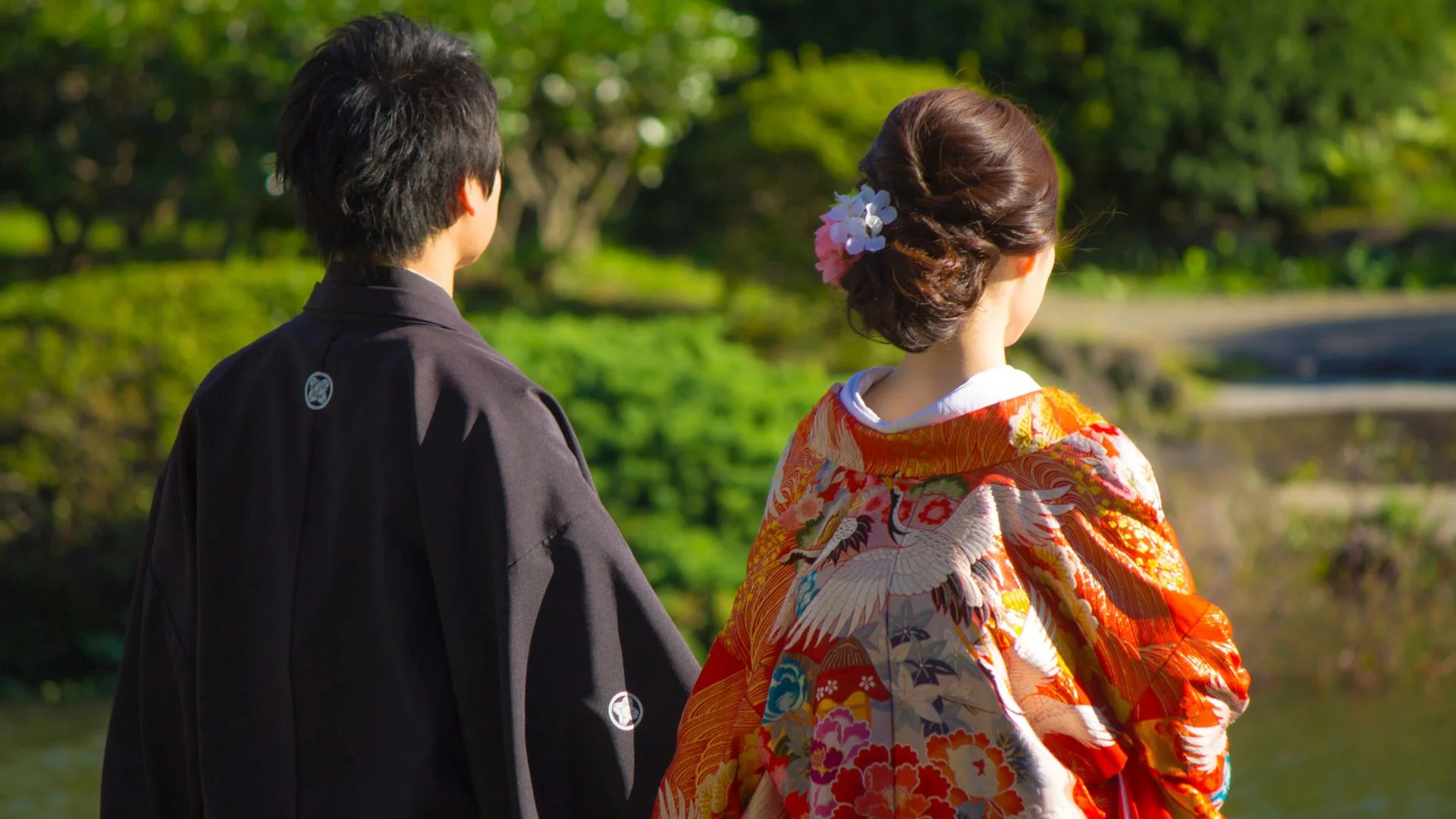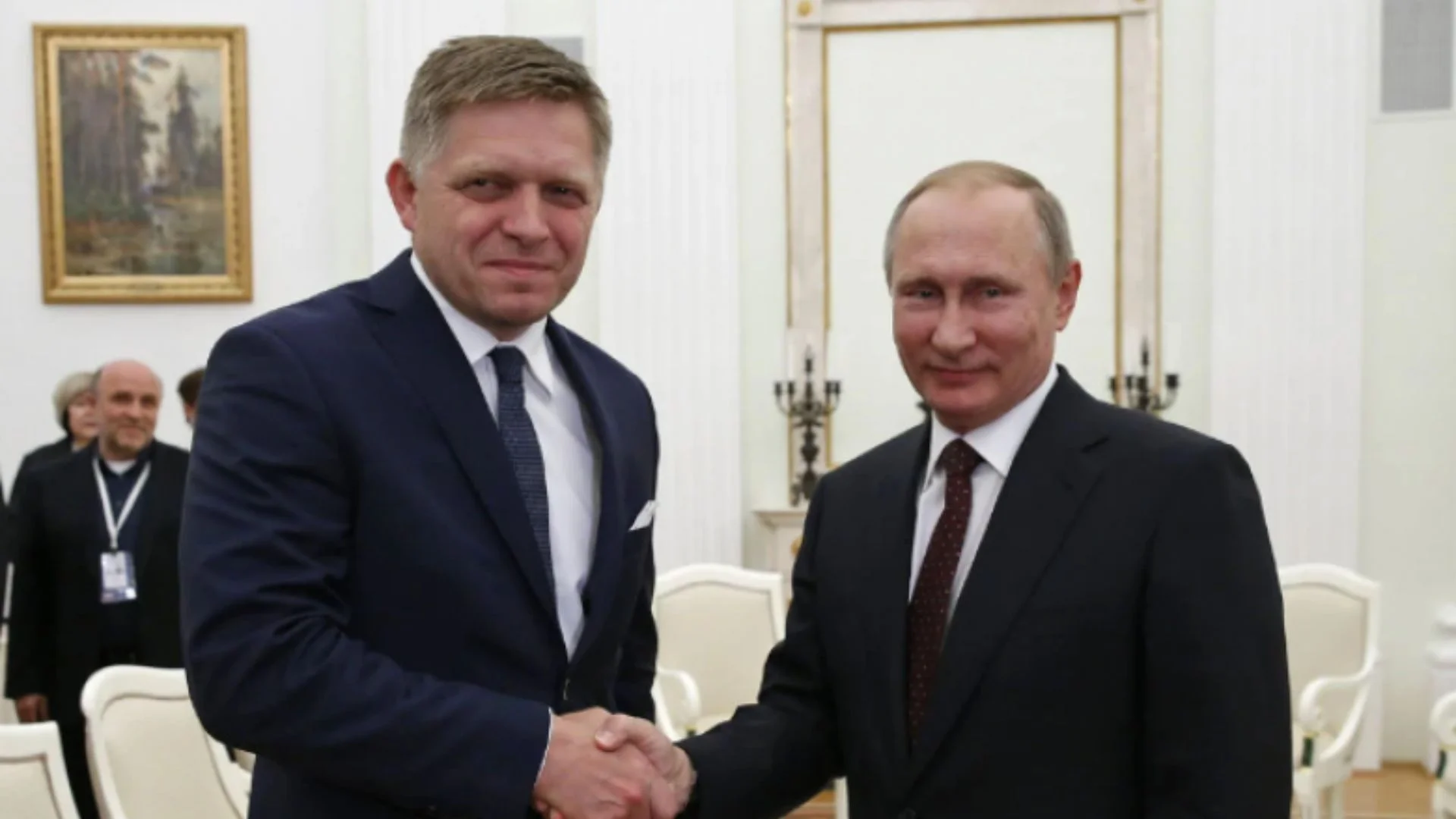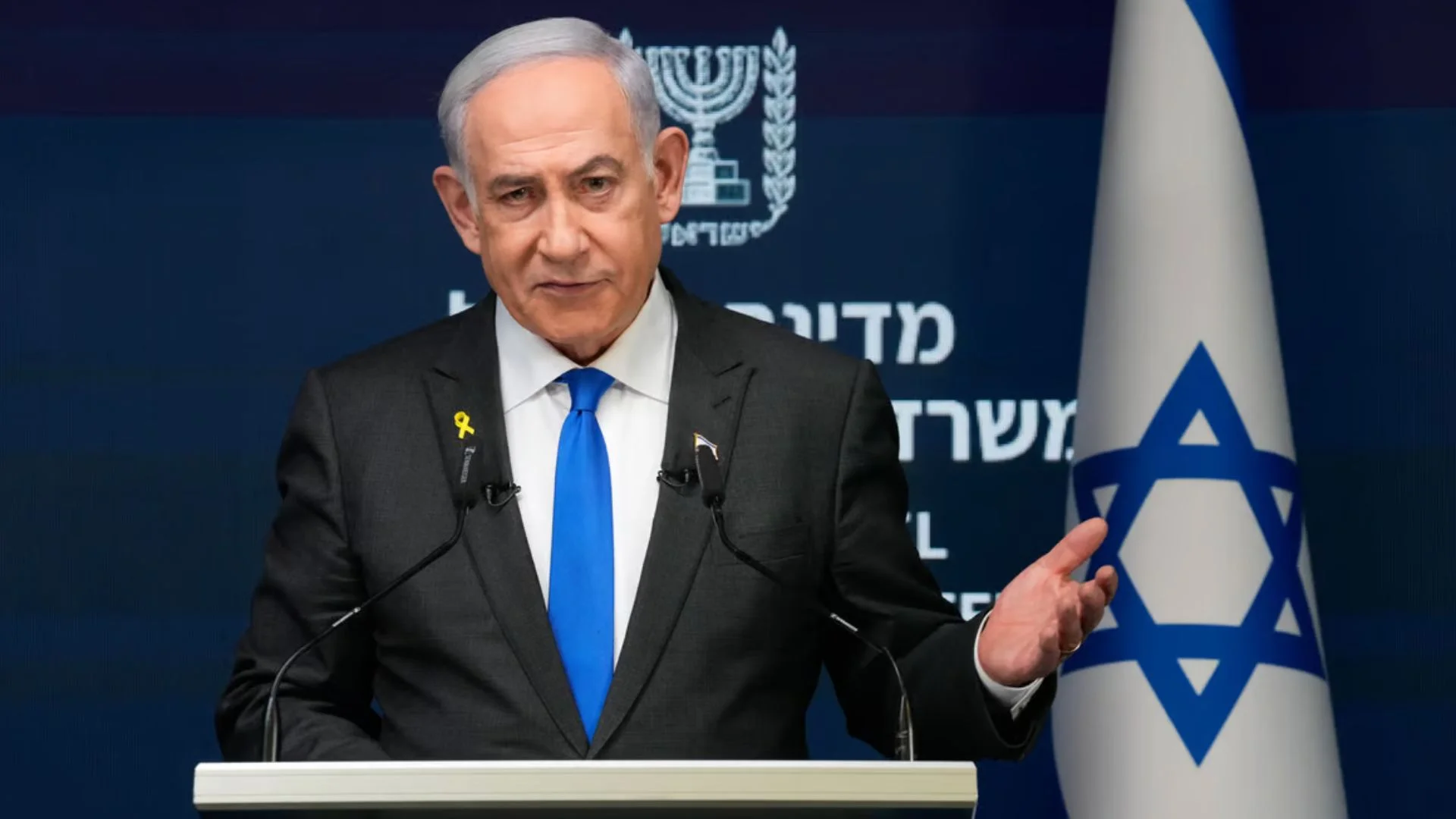Naoki Hyakuta, the leader of Japan’s Conservative Party, has sparked widespread outrage with his controversial remarks advocating for restrictive policies on women’s rights. In a video posted on November 8, Hyakuta proposed that women should be prohibited from marrying after the age of 25 and should undergo forced hysterectomies by the age of 30 as a measure to combat Japan’s declining birthrate.
Hyakuta, a well-known writer and political figure, argued that these policies would encourage women to have more children, thereby addressing Japan’s demographic crisis. He further suggested that women should be barred from attending college after the age of 18, in order to focus on raising families. His remarks have been met with widespread condemnation, with critics calling the proposal both draconian and misogynistic.
The proposal comes on the heels of other controversial policies aimed at boosting Japan’s falling birthrate, such as providing incentives for women to marry men from rural regions. These initiatives have similarly been criticized for their tone-deaf and outdated approach to gender roles and family planning.
Hyakuta, who has become a prominent figure on Japan’s far-right, is known for his best-selling book The Eternal Zero, which glorified kamikaze pilots in World War II. He was also appointed to the board of national broadcaster NHK in 2013 by then-Prime Minister Shinzo Abe, a move that sparked concerns over the broadcaster’s independence.
After his remarks were widely condemned, Hyakuta issued an apology, but the damage had already been done. His comments have ignited a larger conversation about women’s rights and gender equality in Japan, especially in light of the country’s ongoing struggles with an aging population and shrinking workforce.







